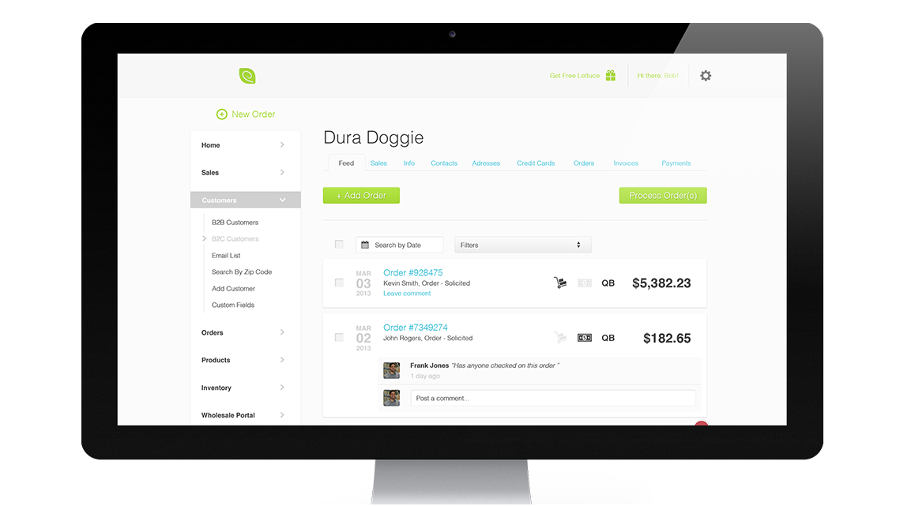Inventory management software: top six on the market
Stay on top of your business inventory

Inventory management is unlikely to be a subject that gets many people's pulses racing, but the successful management of a business' inventory is both an important business matter and a difficult skill.
The ebb and flow of items in an inventory is rarely entirely predictable and is open to unexpected fluctuations. At the same time, organisations need to keep enough items in stock to fulfil orders or actions while minimising the amount of capital tied up in inventory items.
Inventory management software allows organisations to track the number of items in their inventory and to help avoid them becoming over or understocked. It can be used to track the location of inventory items, follow the status of orders and deliveries, and analyse efficiency and stock value. For businesses that sell a variety of different products or use different components to manufacture products, inventory management software is a critical tool.
As with all sorts of business software, however, choosing which piece of inventory management software is right for your organisation can be easier said than done. There are a variety of different factors involved and not all products in the market are directly comparable.
It's first important for you to have a good understanding of what your business needs from its inventory management software. Once you understand this, the following article provides a selection of some of the most popular inventory management tools on the market to get you started.
inFlow
Web: http://www.inflowinventory.com
Price: Free edition available; paid editions from US$399 (around £185, AU$340) per license
Sign up to the TechRadar Pro newsletter to get all the top news, opinion, features and guidance your business needs to succeed!
inFlow's parent company, Archon, was set up in 2005 by two friends. The first version of inFlow was released in 2007 and, according to Archon, it "has grown to become the #1 most downloaded inventory software for small to mid-sized businesses… with over 700,000+ installs and 1+ million website visits."
The firm boasts customers in over 121 countries and in industries including retail, wholesale, manufacturing, e-commerce, professional services, healthcare and government.
inFlow allows users to manage over 10,000 products from a single PC. Users can benefit from barcode scanning to track items quickly, working with multiple units of measurements for ease of communication, working with multiple locations and sub-locations, and the ability to assemble products from components while updating the inventory automatically.
Orders can be easily taken and inFlow's workflow displays details such as shipping information, specialised picking and customer returns. Stock levels can be tracked with new items ordered and purchase orders easily produced. Detailed analytics and reports are available.
inFlow is highly customisable, with admins able to set user permissions and customisable fields. Data can be exported and imported as required and the platform works with multiple currencies and languages.
Brightpearl
Web: https://www.brightpearl.com
Price: From US$99 (around £60, AU$110) per user per month
Brightpearl is another company set up by two friends. It was founded in 2007 to service an existing business that they were running and now has over 1300 customers in 57 countries. A total of 87 employees are split across offices in San Francisco, US, and Bristol, UK.
Brightpearl focuses on helping businesses to do three main things through controlling their inventory. It aims to help them improve cashflow, have the flexibility to grow, and make faster, better decisions.
The software provides users with a full inventory audit trail that allows for real-time cashflow tracking, along with the ability to manage an inventory spread across multiple locations with product and seasonal variations. It also offers built-in accounting functionality to provide financial insights into the performance of an organisation's inventory.
Brightpearl integrates with some of the best ecommerce platforms, such as Amazon, eBay, Magento, Shopify and Bigcommerce. The platform is cloud-based, meaning it can be easily accessed from anywhere via any operating system, and updates are pushed out to the software regularly. Users are provided with 24/7 support, in-person launch training and a variety of knowledge base resources.
- 1
- 2
Current page: Introduction, inFlow and Brightpearl
Next Page Lettuce, Ordoro, JumpStock and Zoho